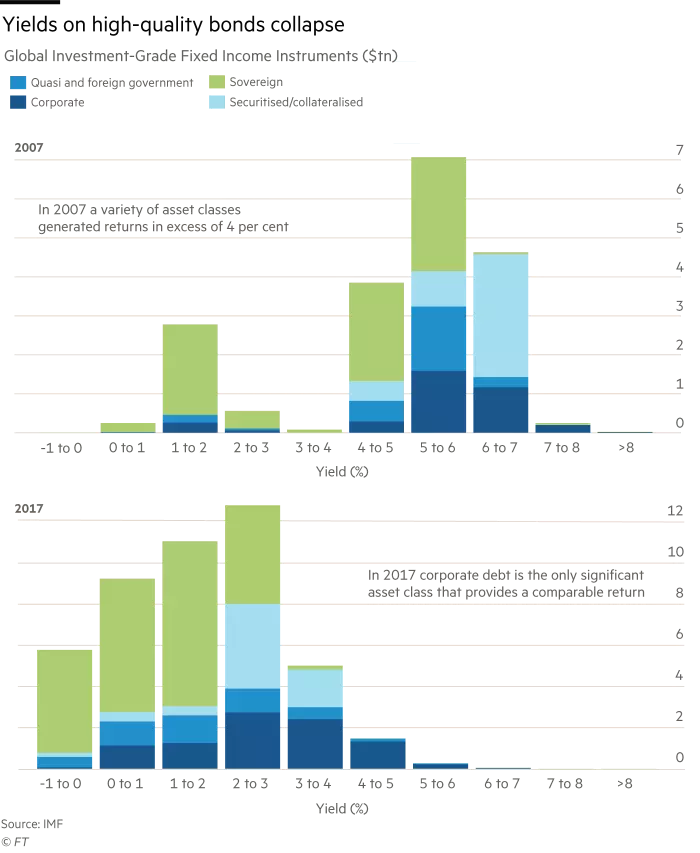Weekly Market Update
Weekly Market Update
-
Author : Laura Hochstetler
Date : October 29, 2017
Market Action
The US economy grew at a faster-than-forecast pace of 3% in the third quarter, handily beating 2.5% forecasts. Economists had expected a moderate Q3 slowdown because of the impacts of hurricanes Harvey and Irma. Real consumer spending showed continued strength last quarter, rising 2.4%, which exceeded forecasts for a 2.2% advance. Core inflation remained well below the US Federal Reserve’s 2% target, coming in steady at 1.3%.
Investors dumped Spanish stocks and bonds after the region of Catalonia declared independence on Friday, in a move that promises further turmoil for the country’s markets.
The US dollar advanced strongly late in the week, particularly against the euro, lifted in part by the ECB’s new policy trajectory, the Catalonia tremors, and the rising hopes for an overhaul of the US tax code.
At the conclusion of a weeklong congress of China’s Communist Party, Xi Jinping was elected to a second term as president and a new seven-member Politburo Standing Committee was introduced with no clear successor to Xi—a development that has been interpreted as cementing the current president’s power for the foreseeable future.
Japanese prime minister Shinzo Abe won a landslide victory in last weekend’s general election. Abe campaigned on the platform that the threat from North Korea requires leaders to remove any doubt over the legitimacy of Japan’s military. In the wake of Abe’s reelection, the Nikkei 225 Index ended the week above 22,000 for the first time in 21 years.
Please click here for this week’s update on market returns.
This Week from BlackSummit
Electric Vehicles and Market Penetration: Investment Implications
John Charalambakis
Recommended Reads
Our Pick to Head the Fed
Randall W. Forsyth
Get Ready for an Imperial China
Nathaniel Taplin
Xi’s Key Milestone Positions Him to Rule China for Decades
Bloomberg News with assistance by Ting Shi, Keith Zhai, and Peter Martin
Central banks alone cannot deliver stable finance
Martin Wolf
Walter Bagehot would have loathed government by referendum
The Economist editorial team
Image of the Week
In 2007 a variety of debt asset classes generated returns in excess of 4%. In 2017 corporate debt is the only significant asset class that provides a comparable return. Source: Financial Times

